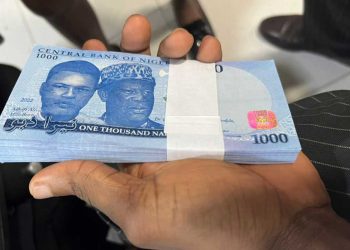The proposed tax reform bills in Nigeria have been causing a lot of discussion, with many people, including experts, talking about how they might affect the country’s economy. As the conversation continues, it’s clear that these bills have both good and bad sides. They could bring in important revenue, but they also might make life harder for Nigerians who are already having a tough time.
On the one hand, the tax reform bills aim to simplify the tax system, reduce leakages, and promote economic growth. For instance, increasing the value-added tax (VAT) from 7.5 percent to 10 percent could bring in a lot of extra revenue for the government. Also, not making low-income earners pay tax is a good idea because it will help ease the financial pressure on those who are struggling the most.

However, there are concerns that the tax reform bills could have a negative impact on the economy. For instance, the suggested development fee could slow down business growth and innovation, especially for small and medium-sized companies. Also, the new tax on phone and internet services might make things more expensive for people who are already having a hard time paying their bills.
Additionally, there’s a concern that these tax changes could make the gap between rich and poor even bigger in Nigeria. The rich could exploit loopholes in the system, while the poor and vulnerable are left to bear the brunt of the tax burden. This could make the differences between rich and poor worse, causing more people to be unhappy and maybe even causing trouble.
As the National Assembly discusses the tax reform bills, it’s important that they think about how these changes will affect people. They need to make sure the bills are fair and don’t make life harder for Nigerians who are already having a tough time.
In the end, the success of these tax reform bills will depend on finding the right balance between raising money and helping the economy grow, while also looking out for those who are most in need. If done well, these bills could greatly improve Nigeria’s economy. But if not, they could make current problems worse and create new ones.

















